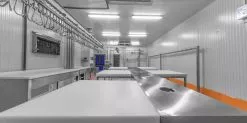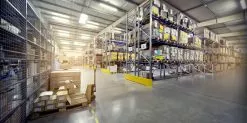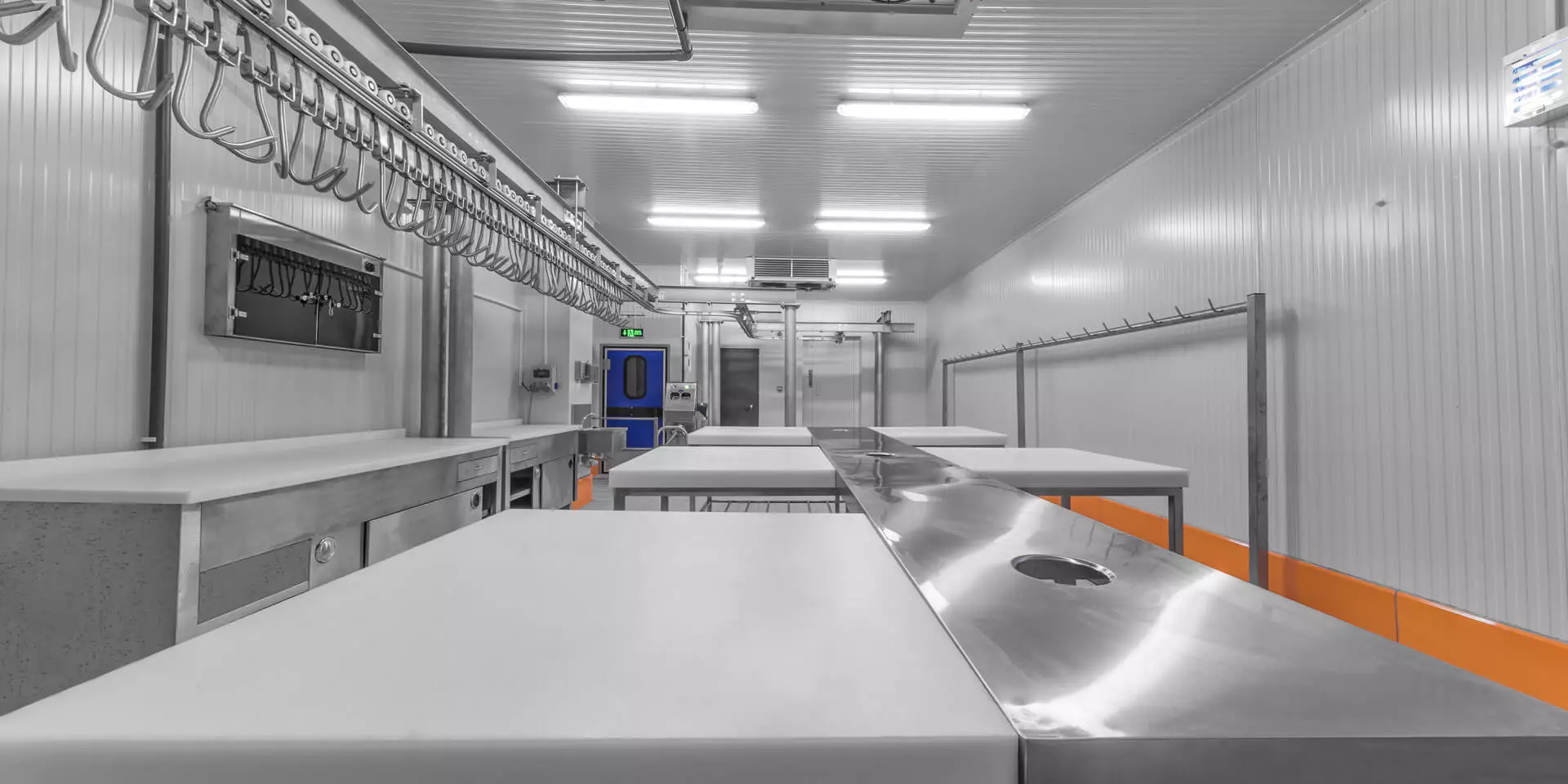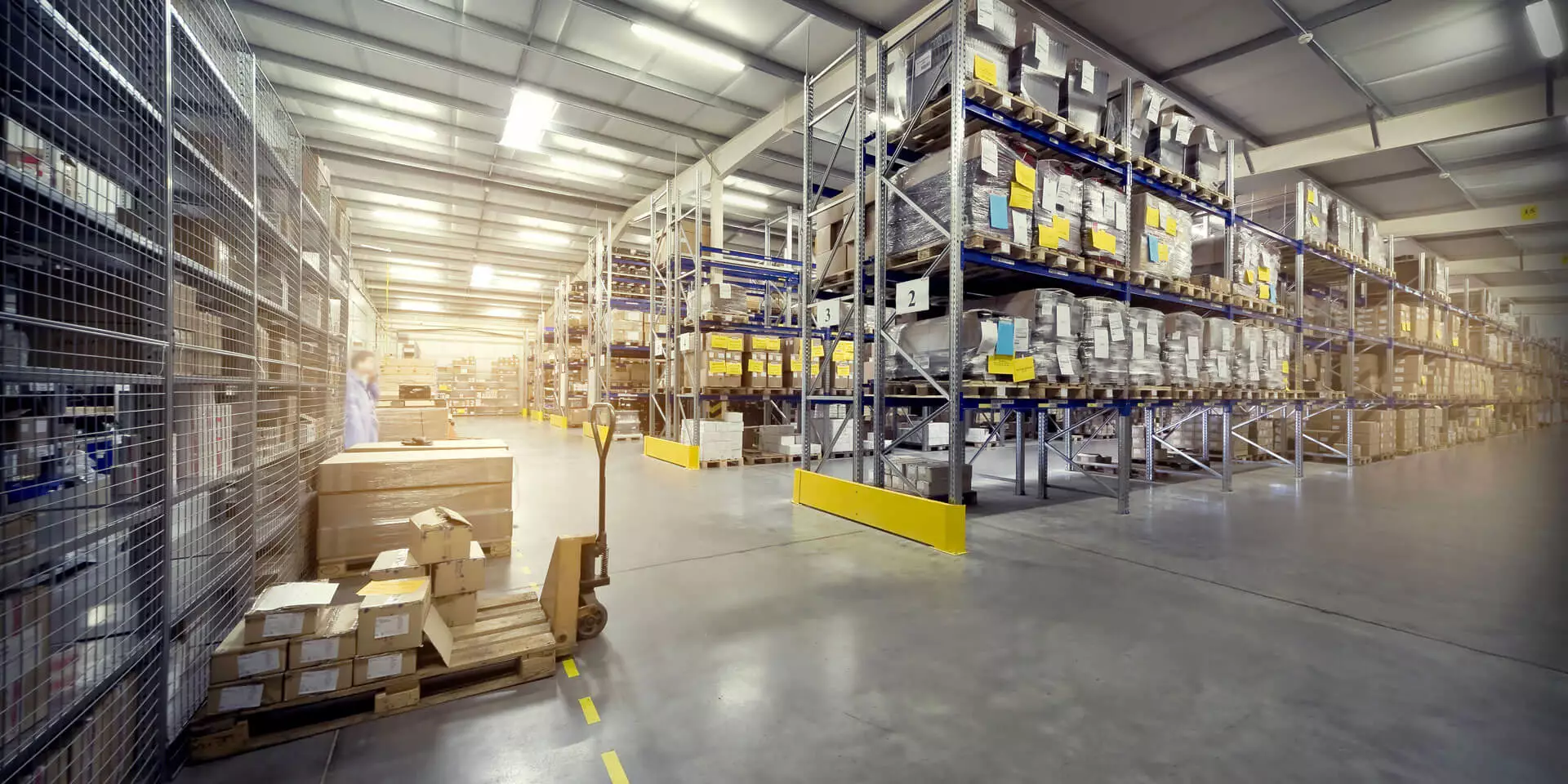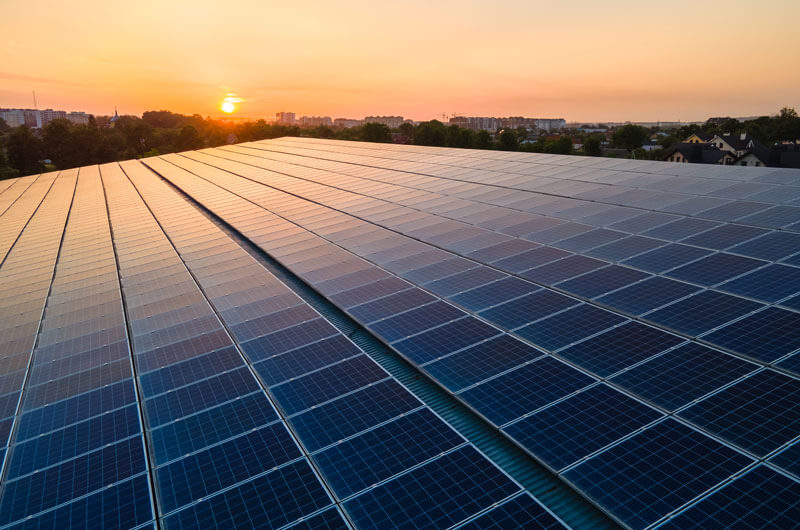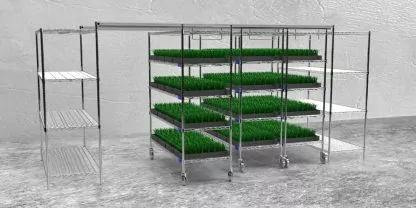IJang manufactures storage solutions that mitigate climate change
COP27 leaders discussed ways to reduce global warming, but it looks like businesses will need to pay more attention to public opinion to achieve real benefits. A cost-effective way of reducing carbon footprint and becoming more competitive is through improved manufacturing and warehouse storage solutions and high density convenience store shelving and racking.
What were the COP27 climate change conference outcomes?
At COP 27 the signatories to the 2015 Paris Agreement on climate change recognized that high carbon footprint countries should pay for the impacts of climate change on countries that are affected by their emissions.
The commitment to paying reparations was focused on global economic leaders, and particularly China. Former UK Prime Minister Gordon Brown says China must make major contributions to compensate for high carbon emissions.
What six issues were discussed at COP27?
- Adding climate change related emissions costs to global products and services
- Economic support to help countries survive climate change effects
- Reduction in carbon emissions
- Preparing countries for future climate change impacts
- Finance, advice and technical support programmes for countries at risk
- Cutting down on coal consumption
How else are we responding to climate change threats?
EU economies have now agreed on the Carbon Border Adjustment Mechanism (CBAM). This will charge a ‘green tariff’ on imports from countries that are not acting to reduce emissions of goods with a poor carbon footprint. The legislation currently applies to aluminum, iron, steel, fertilizers, cement, hydrogen, electricity and selected chemicals.
The enforcement of CBAM on a trial basis in October 2023 will be expensive for unprepared importers who source goods from China. The US president sees carbon emissions as a key issue in US relations with China. At COP27 Biden stated that the US, with its recent landmark emissions reduction legislation, was going to be behind global reforms.
What will UN Global Business Compact companies do?
The 2020 UN Global Compact businesses are significant drivers of global economies, their $2.4 trillion-plus market capitalization, and over 5 million employees are agents of change behind the knowledge that a sustainable business future relies on environmental sustainability.
Global Business Compact companies are corporate members of the Science Based Targets initiative on science based climate change mitigation. These businesses are taking action through evidence-based scientific ways to reduce carbon emissions.
What are the three environmental principles of the UN Global Compact?
- Approaching environmental challenges with a precautionary attitude
- Promoting greater environmental responsibility
- Developing and diffusing environmentally friendly technologies.
How can businesses contribute to sustainability?
Economic impacts arising from the global pandemic and recessional issues are being prioritized by governments, and climate change mitigation is not as high on the agenda even though it is a more significant future problem.Government failure to take action increases public unrest because people feel personally threatened by unsustainable business and policies..
Changes in carbon emission pricing, including CBAM, will affect some business models. The biggest driver for change in business markets will come from consumers. People making choices based on environmental awareness are demanding better, more sustainable, products. Businesses that can’t supply this demand will not succeed.
Five key ways we can meet consumer demands for sustainable business practices
- Use recycled and recyclable materials
- Make products durable and reusable
- Reduce manufacturing material requirements
- Minimize carbon footprint
- Use energy from renewable sources
What are five strategies that warehouses can use to reduce their carbon footprint?
Warehouses, storage facilities and distributors can work towards becoming carbon neutral and reducing their impact on the environment by implementing these five basic business strategies.
- Energy efficiency: Warehouses can use energy-efficient lighting, heating, and cooling systems, as well as install solar panels or other renewable energy systems to generate their own electricity. Reducing storage space requirements reduces the energy required for climate control.
- Transportation: Warehouses can optimize their transportation routes and use electric or low-emitting vehicles to minimize emissions from transportation both within the warehouse and for inbound and outbound logistics.
- Materials handling: Warehouses can use electric or low-emitting materials handling equipment, such as forklifts and pallet jacks, to reduce emissions from equipment use. Efficient layouts and storage systems minimize distances being traveled.
- Waste reduction: Warehouses can implement waste reduction and recycling programs to minimize the amount of waste that is sent to landfills, which can reduce greenhouse gas emissions. Ensuring storage systems and products are manufactured from recyclable materials is essential.
- Carbon offsetting: Warehouses can offset any remaining emissions by purchasing carbon credits or supporting projects that remove greenhouse gases from the atmosphere, such as reforestation or carbon capture and storage projects.
How does IJang enable carbon reduction in warehouse operations?
All businesses today are looking for the margins that will guarantee continued success in our increasingly competitive business environment. Business strategies to make your business more sustainable are now commonly being followed by competitors, so you need to become ever more efficient and effective in reducing your carbon footprint.
At IJang we achieve efficiency gains through better manufacturing and implementation of storage solutions. We improve storage efficiency to reduce the distance goods move within your warehouse and our well designed storage products and systems take up less space, which requires less energy for climate control.
IJang storage systems, including shelving, cabinets and carts, and pallet racking, are manufactured from easily recycled plastics and steel. The high quality and excellent design increases the working life of our storage products and reduces your carbon footprint.
IJang green storage solutions for every type of business
We manufacture metal wire shelving, pallet racking, vertical racks, custom containers, and mobile cart storage solutions for all types of warehousing, distribution and convenience store businesses. IJang is a leading manufacturer of commercial & industrial global storage solutions including cold chain storage, food storage & display and healthcare storage.
When you work with us, you get the benefit of our three decades of experience in meeting the changing needs of our customers. We are ready to assist you in optimizing your storage systems to improve business efficiency and reduce your carbon footprint. Contact us and discover what we can do to help you become more competitive without costing the Earth!

